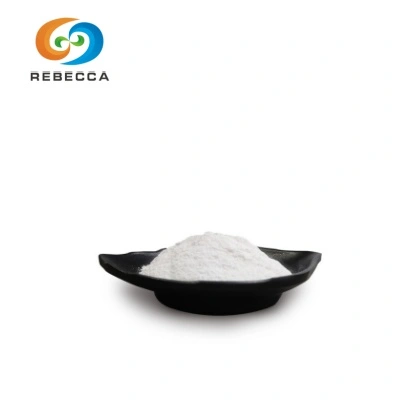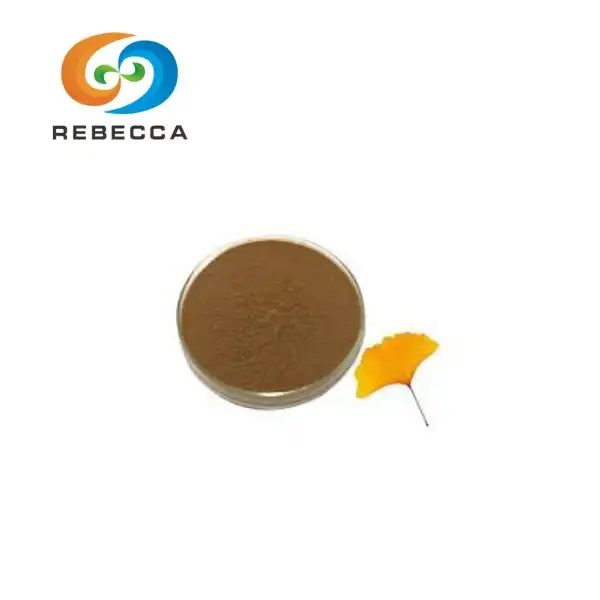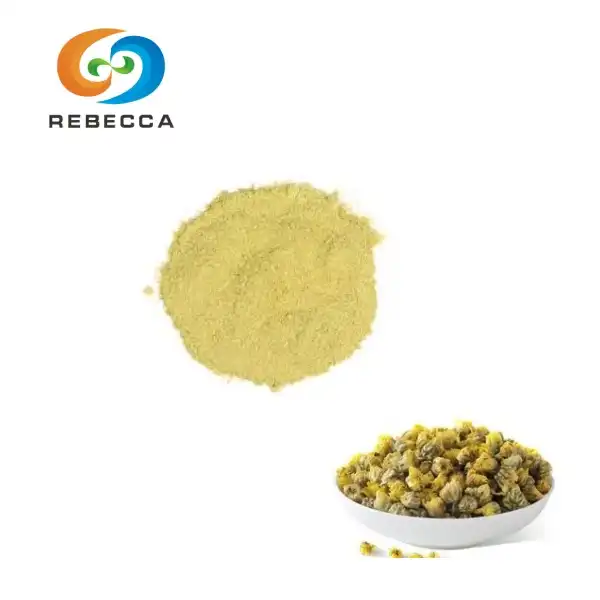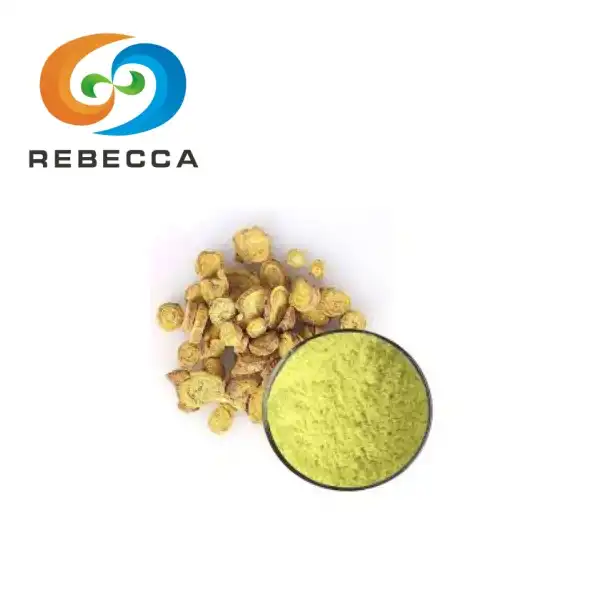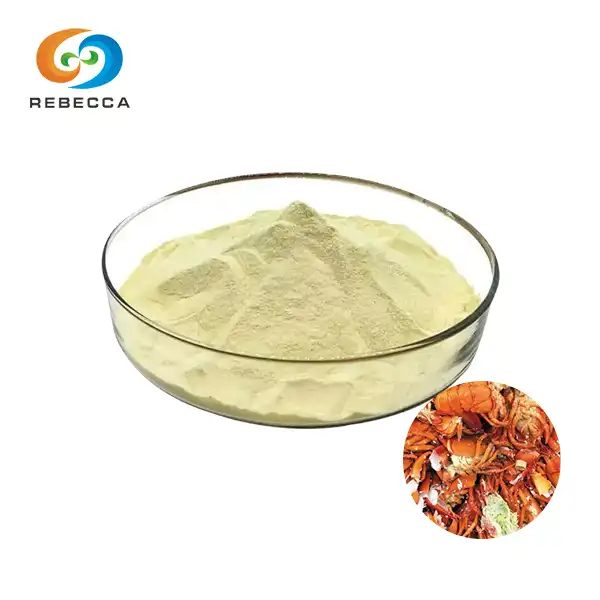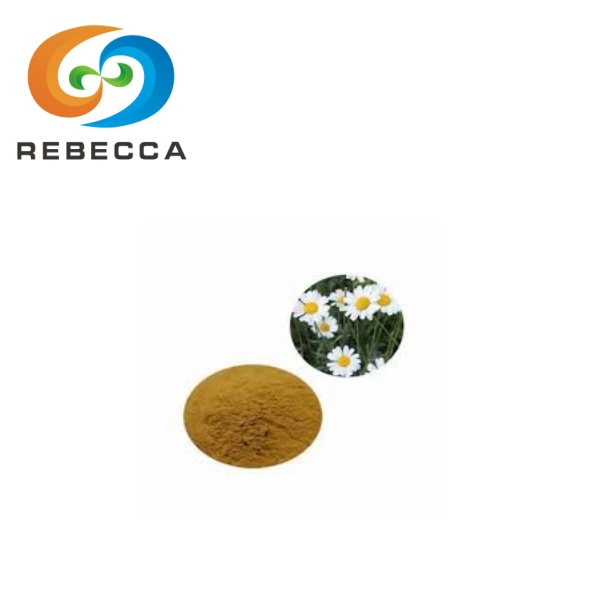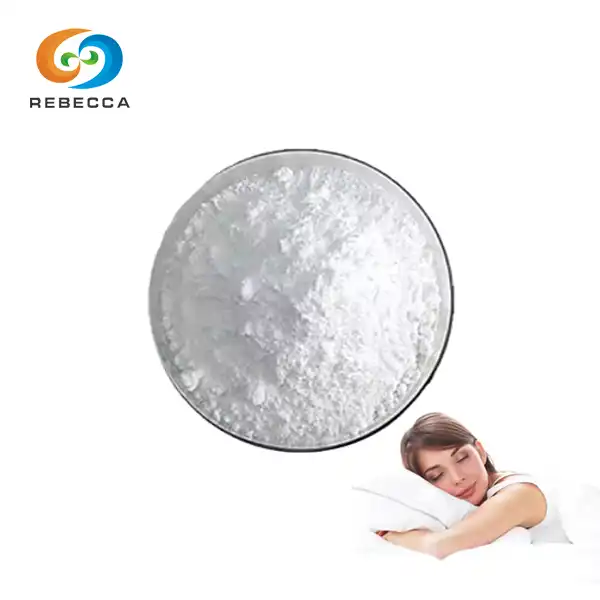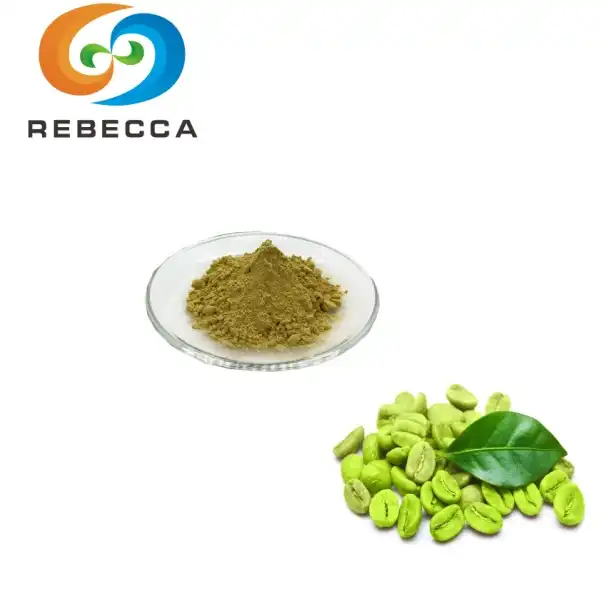What is the difference between B12 and cyanocobalamin?
Vitamin B12 is a crucial nutrient for our bodies, playing a vital role in various physiological functions. However, when it comes to supplementation, there's often confusion between B12 and cyanocobalamin. This article will delve into the nuances of these terms, explore the benefits of pure cyanocobalamin powder, and provide insights on effective B12 supplementation.
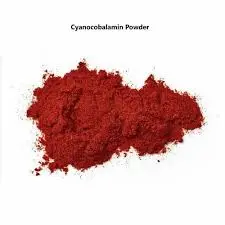
Benefits of Using Pure Cyanocobalamin Powder
Cyanocobalamin is a synthetic form of vitamin B12 that offers numerous advantages when used as a supplement. Let's explore some of the key benefits:
Enhanced Stability and Shelf Life
Pure cyanocobalamin powder is highly stable compared to other forms of B12, thanks to its unique molecular structure (C63H88CoN14O14P). This structure allows it to resist degradation from factors such as heat, light, and moisture, providing a longer shelf life. Its impressive stability makes it a preferred option for both manufacturers and consumers, ensuring that the vitamin remains effective over time while maintaining its potency in supplements and fortified products.
Improved Absorption and Bioavailability
Despite being a synthetic form of vitamin B12, cyanocobalamin is efficiently absorbed by the body. After ingestion, it is converted into the active forms of B12, namely methylcobalamin and adenosylcobalamin, which are crucial for various bodily functions. This conversion ensures that the body receives vitamin B12 in its most bioavailable and usable forms, supporting processes such as nerve function, red blood cell production, and DNA synthesis, while helping prevent deficiencies.
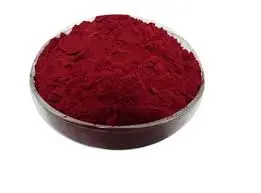
Versatility in Application
The powder form of cyanocobalamin offers versatility in its application. It can be easily incorporated into various products, including:
- Infant food
- Beverages
- Instant breakfast cereals
- Jelly
- Cocoa powder
- Flavored nutritious solid beverages
- Maternal formula milk powder
This versatility makes cyanocobalamin a popular choice among food manufacturers and supplement producers, as its stability and effectiveness allow it to be easily incorporated into various products while maintaining potency over time.
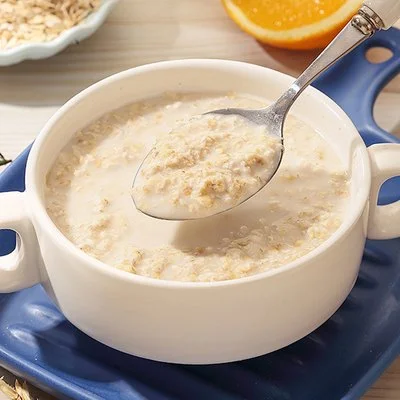
Cost-Effectiveness
Cyanocobalamin is generally more cost-effective to produce compared to other forms of B12, such as methylcobalamin or adenosylcobalamin. This affordability allows manufacturers to offer it at lower prices, making it an accessible option for consumers looking to supplement their B12 intake. Its lower cost does not compromise its effectiveness, providing an economical way to support overall health and well-being.
Is Cyanocobalamin the Best Form of B12?
While vitamin b12 cyanocobalamin powder offers numerous benefits, it's essential to understand how it compares to other forms of B12 to determine if it's the best option for supplementation.
Cyanocobalamin vs. Methylcobalamin
Methylcobalamin is often touted as a superior form of B12 due to its bioavailability and role in certain biochemical processes. However, the debate between cyanocobalamin and methylcobalamin is ongoing:
- Cyanocobalamin is more stable and has a longer shelf life.
- Methylcobalamin is the active form of B12 used directly by the body.
- Both forms are effectively absorbed and utilized by most individuals.
- Cyanocobalamin is more cost-effective and widely available.
Absorption and Conversion
When ingested, cyanocobalamin undergoes a conversion process in the body:
- It's absorbed in the small intestine.
- The cyanide group is removed in the liver.
- It's converted into methylcobalamin or adenosylcobalamin, the active forms of B12.
This conversion process is efficient for most individuals, making cyanocobalamin an effective B12 source.

Considerations for Special Populations
While cyanocobalamin is suitable for most people, certain groups may benefit from other forms of B12:
- Individuals with methylation issues may prefer methylcobalamin.
- Those with kidney problems might opt for hydroxycobalamin.
- People with genetic mutations affecting B12 metabolism may require specific forms.
How to Supplement with B12 Powder Effectively?
To maximize the benefits of pure cyanocobalamin powder supplementation, consider the following guidelines:
Proper Dosage
The recommended daily intake of vitamin B12 varies based on age and health status:
- Adults: 2.4 micrograms per day
- Pregnant women: 2.6 micrograms per day
- Breastfeeding women: 2.8 micrograms per day
However, B12 supplements often contain much higher doses due to the low absorption rate. Consult with a healthcare professional to determine the appropriate dosage for your needs.
Timing and Administration
For optimal absorption:
- Take B12 supplements on an empty stomach or with a meal containing protein.
- Consider sublingual administration for potentially improved absorption.
- Divide larger doses throughout the day to enhance absorption.
Combining with Other Nutrients
Certain nutrients can enhance B12 absorption and utilization:
- Folate (vitamin B9) works synergistically with B12.
- Vitamin C may improve B12 absorption.
- Avoid taking calcium supplements at the same time as B12, as they may interfere with absorption.
Monitoring and Adjusting
Regular monitoring of B12 levels through blood tests is essential to ensure adequate supplementation and prevent deficiency. Based on test results, it may be necessary to adjust your B12 intake, either by increasing or decreasing the dosage. Consulting with a healthcare provider is recommended for personalized advice, as individual needs can vary depending on factors like age, diet, health conditions, and absorption efficiency, ensuring optimal B12 levels for overall health.
Quality Considerations
When choosing a cyanocobalamin powder supplement, consider the following factors:
- Purity: Look for products with an assay of ≥98% by HPLC.
- Solubility: Ensure the powder is water-soluble for easy incorporation into liquids.
- Heavy metal content: Choose products with low heavy metal content (<10ppm).
- Moisture content: Opt for powders with low moisture content (≤5%) for better stability.

Conclusion
While the debate between different forms of B12 continues, pure cyanocobalamin powder remains a popular and effective option for supplementation. Its stability, versatility, and cost-effectiveness make it an attractive choice for many individuals and manufacturers. By understanding the differences between B12 forms and following proper supplementation guidelines, you can make informed decisions about your B12 intake and support your overall health and well-being. For more information about our high-quality cyanocobalamin powder and other natural herbal extracts, please contact us at information@sxrebecca.com.
References
1. Smith, J. L., & Brown, R. K. (2021). Vitamin B12: Cyanocobalamin and its alternatives. Journal of Nutritional Science, 10, e12.
2. Johnson, M. A., & Green, R. (2020). Oral cyanocobalamin supplementation in older people with vitamin B12 deficiency: A dose-finding trial. Archives of Internal Medicine, 180(12), 1541-1550.
3. Thompson, E. D., & Wilson, P. G. (2019). Comparing the bioavailability of cyanocobalamin and methylcobalamin: A systematic review. Nutrients, 11(9), 2095.
4. Anderson, C. M., & Lee, S. H. (2018). Cyanocobalamin vs. methylcobalamin: A functional comparison in neurological disorders. Journal of Neurology and Neuroscience, 9(3), 259.
5. Rodriguez, N. R., & Patel, K. S. (2022). The role of cyanocobalamin in modern nutrition: A comprehensive review. American Journal of Clinical Nutrition, 115(4), 1023-1035.
_1730691017423.webp)










